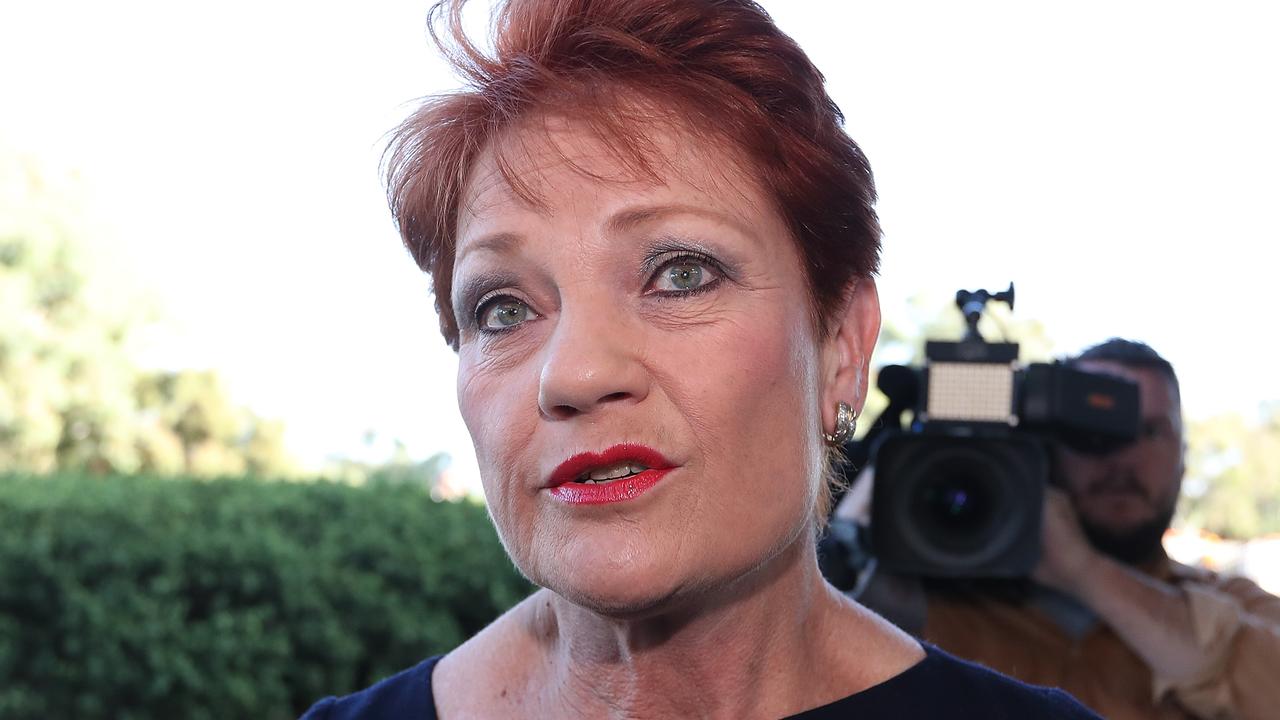India seeks to widen asylum vessel intake
INDIAN consular officials seeking access to 157 asylum-seekers on board an Australian customs vessel will look to identify not only Indian nationals.
INDIAN consular officials seeking access to 157 asylum-seekers on board an Australian customs vessel will look to identify not only Indian nationals, but children of Sri Lankan parents born in India and couples of mixed Indian and Sri Lankan nationality.
Indian government officials have told The Australian that while there are few precedents for re-accepting refugees who had illegally left the country, there were potential provisions to readmit minors born in India and the Sri Lankan spouses of Indian citizens.
That possibility yesterday prompted an appeal from India’s UNHCR office for India to observe its customary “strong humanitarian instincts” in such cases and respect family unity.
However, a leading advocate for Sri Lankan Tamils in India said he did not believe New Delhi would risk “opening the floodgates” by taking back all 157 Sri Lankan asylum-seekers who left from the southern coastal city of Pondicherry last month.
Organisation for Eelam Refugees Rehabilitation founder and spokesman Samuel Chandrahasan said there were few cases where India had readmitted a refugee who left the country illegally, either to return to their home nation or to seek work or asylum in a third country.
Last year it refused a boatload of second-generation Tamils, born and raised in India, whose asylum claims were rebuffed by a Gulf country. They were eventually resettled in a third country.
“It may be that India is being diplomatic by co-operating and trying to identify those on board but I don’t think they could consider taking people back because if they start doing that it may cause more problems for them than it solves,” Mr Chandrahasan said.
The UNHCR has also cast doubts on federal government hopes New Delhi will provide a resolution to the stand-off over the group, whose predicament is now the subject of a High Court challenge by refugee lawyers.
India is not a signatory to the UN Convention on Refugees.
Mr Chandrahasan’s group has identified close to 50 people on the boat as having come from Sri Lankan Tamil refugee camps in southern India.
Another 40 or more come from communities of Tamil refugees living outside the registered camps.
Colombo has ruled out taking back any of the stranded 157, because the boat left from India and at least half those on board are long-time residents of India’s Tamil refugee community.


